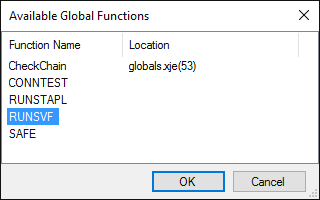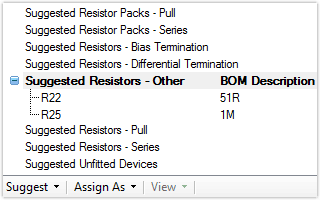Dealing with the Covid-19 situation
We wish all of our customers the best at this difficult time, as everyone tries to keep their production and development moving, amidst supply line issues and staff being temporarily unavailable due to illness or the need to isolate themselves. XJTAG is of course affected by the current situation too, but we would like to [...]


